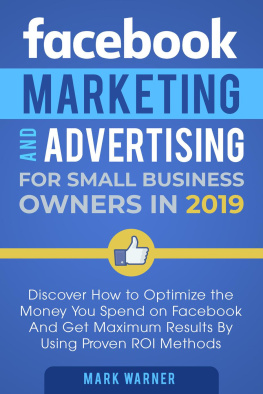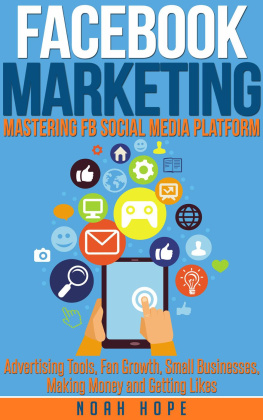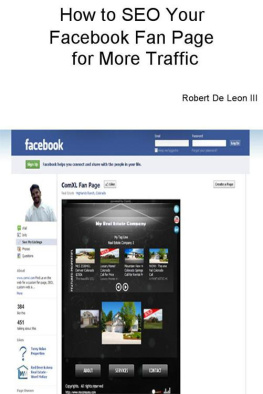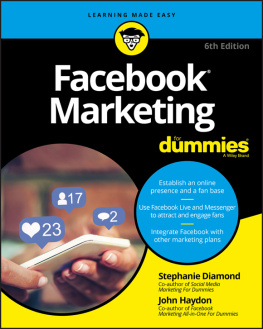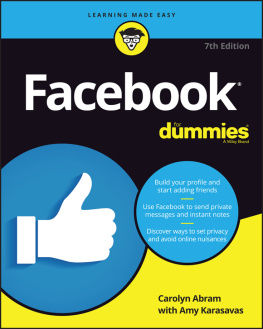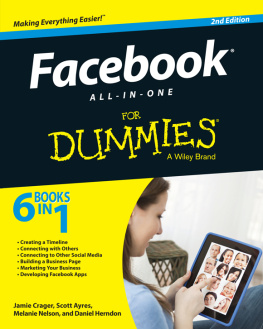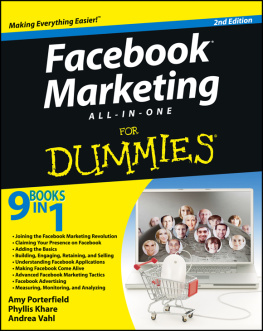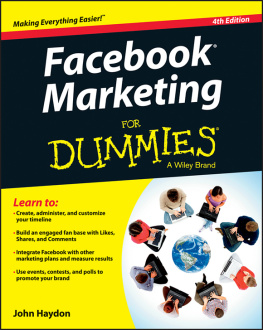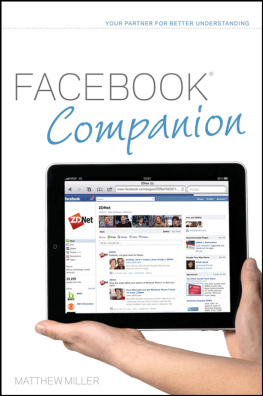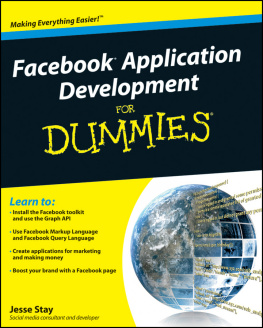
Introduction
Hundreds of thousands of words have been written about Twitter's power as a marketing tool for brands, businesses and websites, but now there's a new player on the scene: Facebook. Since its launch in 2004, the social networking site has primarily been viewed as a platform for personal expression, and a place to connect with friends. However, Facebook has put significant effort into creating a platform that individuals, businesses and organizations can use to promote themselves. These are Facebook Pages.
By gaining an understanding of how to use Facebook Pages now, you'll reap the benefits of being an early adopter. While many of your competitors probably don't even have a Facebook Page, websites like Psdtuts+ (part of the Tuts+ Network I manage) are finding Facebook is now its highest referrer of social media traffic, even though it has a Twitter account with more than 40,000 followers!
Facebook is being used more and more as the primary front for large-scale social media campaigns and promotions. But why is it so effective?
- There are over 600 million Facebook accounts. According to Facebook Statistics, on any given day, 50% of Facebook's active users check their Facebook accounts. While Twitter usage is generally restricted to people who are social media savvy, Facebook is used by just about everyone.
- Facebook is an intimate platform. When your Page updates show up in the News Feeds of your fans, they are appearing alongside the status updates of some of their closest friends. This is a very powerful and intimate place for your content to appear, bringing your brand into your fans' personal lives.
- Facebook commands more attention. When people are using Facebook, they are strongly focused on it. Unlike Twitter, which most people keep running in the background while they work on a handful of other tasks.
- Threaded comments encourage better quality discussion. On Twitter, discussion generally only occurs between Twitter users and their followers. On Facebook, it's easy for fans to participate in discussion with both Page admins and each other, making it much easier to develop a sense of community among fans of your brand.
- A Facebook Like is more public than a Twitter follow. When a Facebook user Likes a Page it's added to their profile for all to see. It becomes a part of their Facebook identity, and because of this, a Like is a powerful gesture. A follow on Twitter, by comparison, is much more hidden.
- Pages are flexible. Twitter is restricted to a 140-character text update, but Facebook allows you to post photos, videos, links, events and more.
- There are a wide range of promotional tools available. Tools such as the Like Box and Like Button make it very easy to get a steady flow of new Likes and Facebook interaction happening on your Page.
With all these advantages, it's stunning that there are still so many brands, businesses and websites that don't have a clue about how to use Facebook for marketing. By owning this book you're already ahead of the curve. When others in your industry finally get around to creating a Facebook Page, you'll already be enjoying the benefits of having a fan-count in the hundreds, or even thousands. To capitalize on this advantage, we're going to get started building your Page right from the first line of Chapter One.
As Tuts+ Manager at Envato, I manage Facebook accounts with over 87,000 fans. I believe a big part of the reason we have such a strong Facebook presence is that we were relatively early adopters. Though it's important to create the best Facebook Page that you can, it's more important to just get started!
The Like Currency
Twitter's currency is made up of follows and retweets. On Reddit, it's upvotes. For Facebook Pages, it's Likes. Users can Like your Page, your updates, or content you've published. Each of these translates to different benefits for you.
When a user Likes your Page, this means:
- A link to your Page will appear on the user's Info tab.
- A notification that they've Liked your Page will appear on their profile (temporarily) under Recent Activity.
- Your posts will now appear in their News Feed.
When a user Likes an update on your Page, this means:
- Other users can see that they have Liked the item. If enough people Like the update, their name will be replaced by a total count of Likes. This doesn't share the update in any way and is primarily a source of social proof.
When a user Likes your content on another website (outside of Facebook):
- It will increase the number of people who are shown as Liking the content, which adds social proof.
- An update is posted to their Facebook profile saying that they Liked the content. The update links to the content they Liked.
- An update is posted to their friends' News Feeds saying that they Liked the content, and linking to it.
The most important of these actions is Liking your Page. Once a user Likes your Page, they'll be subscribed to your updates forever, unless they Unlike your Page or close their account. This is a powerful way to keep the user engaged with your brand over the long-term.
The second most valuable form of a Like is a Like on your content. This shares the content with the user's Facebook network and can drive new visitors to your website, blog or store.
The least valuable form of a Like is a Like on an update you've posted to your Page. This is useful for social proof, but little else. It's still a good thing to have, but there's no need to worry about this too much. Post good content and the Likes will follow.
Your Facebook Strategy
It's tempting to view your aim with Facebook very simply: to get as many Likes of your Page as possible! While having more fans certainly doesn't hurt, the level of engagement of those fans is what truly matters. There are Pages with tens of thousands of fans, but these people never visit the Page, never comment and never visit any of the links shared on the Page. There are other Pages with only a few hundred or a few thousand fans, which have extremely active and engaged communities. The ideal is to have a large and engaged community, but if you're forced to choose between lots of fans and active fans, choose active fans every time.
Likes are important because they enable you to get a return on investment from the work you've put into Facebook, but getting fans should never be your only goal. Instead, fans are useful in that they enable you to reach other goals, like increasing traffic to your website, making more sales, raising brand awareness, or getting more clients.
Before we start building your Facebook Page, take the time to decide what your real end goals with Facebook are. What made you decide to invest in this book? Was it the thought of opening up another avenue to get clients? Getting more traffic to your blog? More opt-ins to your newsletter? There are a thousand possible reasons, but some of them are likely to outline exactly what excites you about learning Facebook marketing. Rather than focusing on fans, it's these goals you should have in mind with everything you do on Facebook. As long as you make your Facebook Page easy to find and post good updates, your Page will add fans on autopilot.
Facebook is an exciting, ever-changing platform. Every day, new Pages are created, and more people discover how useful Pages are for keeping up with their favorite things. The Pages platform is growing at a rapid rate, but the knowledge in this book will put you ahead of the curve. This is information that companies pay social media marketing consultants thousands of dollars to share. By the end of this book, you'll have the knowledge required to create a Facebook Page that's as good as those run by some of the world's biggest companies.


